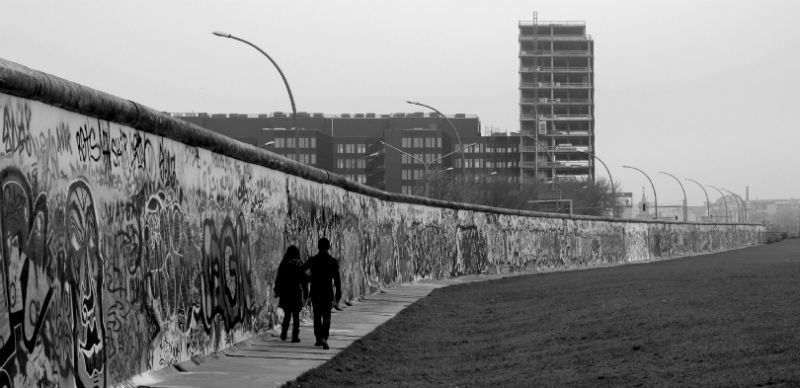The Zellonian Crisis & The Strait War
The summer of 1899 marked what many say was the final nail in the coffin of the Selidov administration. Confident in the Imperial Navy's abilities Selidov sent decorated Rear Admiral Aleksandr Grushanin to end the crisis and restore the status-quo over the Osladian strait. While no statement had been made directly to the Duma, in private Selidov had assured his closest allies that "There will be no negotiation with tyrants". After a month of political and military silence in what would become 'The Silent June', Grushanin set sail with 30 vessels prepared for a quick end to Zellonia's act of maritime aggression. By dusk, the fleet would return 4 vessels less, with two more out of commission for the near future. Needless to say, the Osladian defeat in the Zeelian-Osladian strait was political suicide for Selidov and by the morning of the 16th the Unionists had rallied and from their section of the Duma shouting was all that could be heard.
In the following hours a parliamentary crisis was on the hands of the Selidov administration and demands from both sides of the isle meant an answer would be needed that very day. In a emergency meeting with his cabinet a panicked Selidov demanded the counsel of his government. Yegorov was in arms, as expected, and called for an immediate declaration of war against 'the Zeelian dogs' and their 'cripple king'. On the other side of the table, the Grand Admiral Manfred Kozminski apologized for the failures of his officer corp and cited a lack of funding and support of the navy as a cause of this defeat. After hours of debriefing on the results of the Zeelian-Osladian strait skirmish and pressure from the military and nobility within his cabinet, Selidov returned to the Duma with an answer to a panicked and outraged Duma.
"Members of the Imperial State Duma, after much consideration and discussion with the members of my cabinet. I, Demian Selidov, shall officially announce that as of seven twenty-eight in the evening of July 16th, the Osladian Empire has entered a state of war with the Kingdom of Zellonia. From this moment forward all ties with the Zellonian state are severed and their diplomats will be requested to peacefully leave Oslograd and return to their homeland. I have put my full faith into the admiralty and general staff of our Imperial Armed Forces and I call upon all fellow nations to stand against the tyranny and aggression presented by the Zellonian Kingdom. God save the Tsar, and hail Oslad."

The Imperial State Duma, circa 1900.
Upon this announcement the Union seats came to life in a roar of celebration and cheers of 'Hail Oslad', 'God save the Tsar', and 'Thank Yegorov', in a sign of protest the Agrarian Front was quick to denounce the move and announced their protest of the Duma by walking out of the hearing and not returning until the war's end, which would not be until after the 1900 General Election. In the hours following the announcement, the evening papers were in chaos with headlines of 'THE EMPIRE AT WAR' and fear pieces such as 'IS YOUR NEIGHBOR A ZELLONIAN?'.
The Cold East
With war rising in the west, Prime Minister Selidov began feeling for foreign supporters for the Osladian Empire. After his successes in the Aetorian Spring Ball, Selidov again put his trust in Count Rusak to begin feeling for stronger relations with their eastern sladic brothers in the Tsardom of Radena. Confident as ever, the young Count Rusak was quick to accept the mission and departed for the Kalpian border with haste.
Arriving in late June, Rusak remained confident that he could sway the Raden Tsar with ease; after all, he had won the hearts and minds of his now friends in Tyro-Redania had he not? However, the young Count was in for a cold awakening. Having been raised and tutored in the warm Loren countryside, and spent most of his diplomatic career among the 'high cultured' Tyro-Redanians, Rusak was far from prepared for the straight to the point and no nonsense attitude of the eastern Tsardom. Instead of any preparations, Rusak was brought directly to the Tsar and his council, many of whom were not expecting such a young and fragile looking diplomat.
"The Osladians sent a boy to speak of war." one witness to the event recounted in a letter to a colleague. "The western sladics clearly do not know the culture of our people, the fool even attempted to 'small talk' our Tsar."
With each failed attempt at jest and de-escalating the mood, Rusak only made himself look more and more foolish and child-like in front of the cold eyed Radenians. The final straw was when Rusak moved the conversation away from pleasantries and began to discuss the Osladian Empire's intentions with the Zellonian crisis.
"Of course, my Tsar, once the Empire has mopped up the rabble to the west a land border between our states would economically benefit both of our empires."
This was enough to enrage one of the Tsar's cabinet, who rose to his feet and called the young Rusak a "foolish boy" and that, if it came to it, it would be the Tsardom that would hold Zellonian land, and not Oslad. "Your ships can't survive a mere skirmish yet you speak of conquest?" He decried.
Though by the end of the encounter the mood had settled and, the Tsar admitted, Rusak was not a fool but merely inexperienced. However the damage had been done, and the Tsar obeyed his council. Rusak would leave the eastern Tsardom disgraced and empty handed, a laughing stock among the officer corp of Radena.







